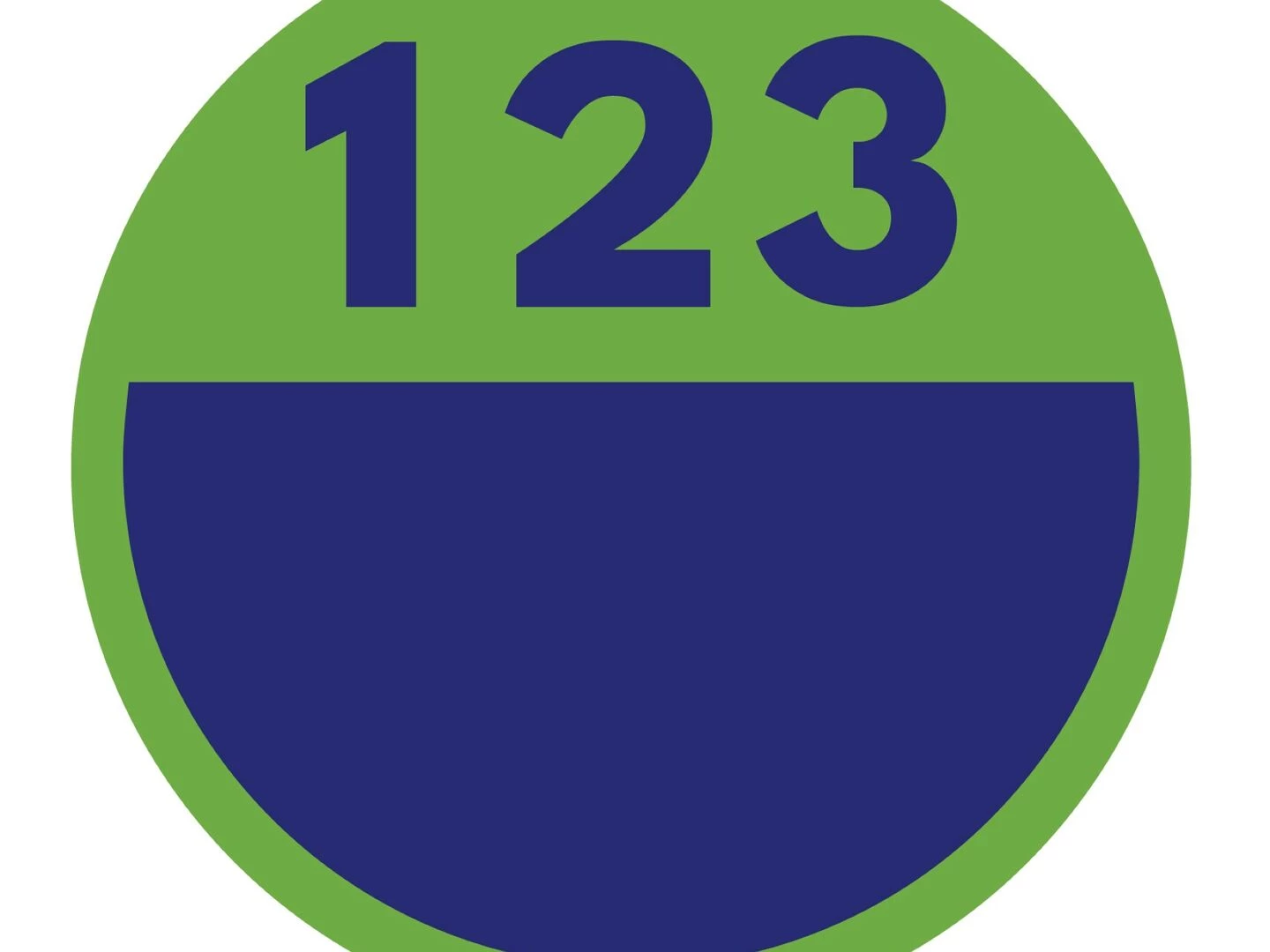Pre-performance Routines
Pre-performance routines in sports psychology refer to a set of specific, structured behaviors or actions that an athlete consistently follows before engaging in a competition or executing a performance. These routines are designed to help the athlete mentally and physically prepare for optimal performance by creating a sense of focus, calmness, and consistency.
The purpose of pre-performance routines is to help athletes get into the right mindset, regulate emotions, enhance concentration, and establish a sense of control. By following a routine, athletes can reduce anxiety, increase self-confidence, and ensure they are mentally and physically ready for the task ahead.
Key aspects of pre-performance routines include:
Consistency: Athletes engage in the same set of actions or behaviors every time before competing, which can include physical movements, mental preparation, or specific thoughts. This consistency helps create a sense of familiarity and comfort.
Mental Focus: Pre-performance routines often involve mental techniques such as visualization, goal-setting, or positive self-talk to ensure the athlete's mind is focused and aligned with their goals for the performance.
Physical Preparation: Routines might include physical actions like stretching, warm-up exercises, or breathing techniques to ensure the body is physically prepared and in the best state for competition.
Routine Components: A pre-performance routine can involve a combination of physical and mental actions. For example, a basketball player might dribble the ball a few times, take a few deep breaths, visualize a successful shot, and repeat a positive mantra before taking a free throw.
Control and Relaxation: The routine helps the athlete feel in control of their preparation and performance, which can alleviate anxiety. It also serves as a way to transition from the outside world to the competitive environment, promoting relaxation and focus.
Benefits of pre-performance routines include:
Reduced Anxiety: By following a familiar routine, athletes feel more in control and reduce uncertainty, helping to calm nerves and anxiety before competition.
Increased Focus: Pre-performance routines help athletes block out distractions and focus entirely on the task at hand, improving concentration and mental clarity.
Improved Consistency: Having a pre-performance routine ensures that athletes approach each competition or performance with the same mindset and preparation, leading to more consistent results.
Enhanced Confidence: Knowing they have a well-practiced routine in place can boost an athlete's self-confidence, as it gives them a sense of readiness and control over the situation.
Mental and Physical Readiness: The routine ensures that athletes are both mentally prepared (focused, relaxed, positive mindset) and physically prepared (warmed-up, alert, energized) for peak performance.
Goal Orientation: Pre-performance routines help athletes focus on their objectives and clarify their approach to the task, whether it's a specific skill or overall performance goal.


